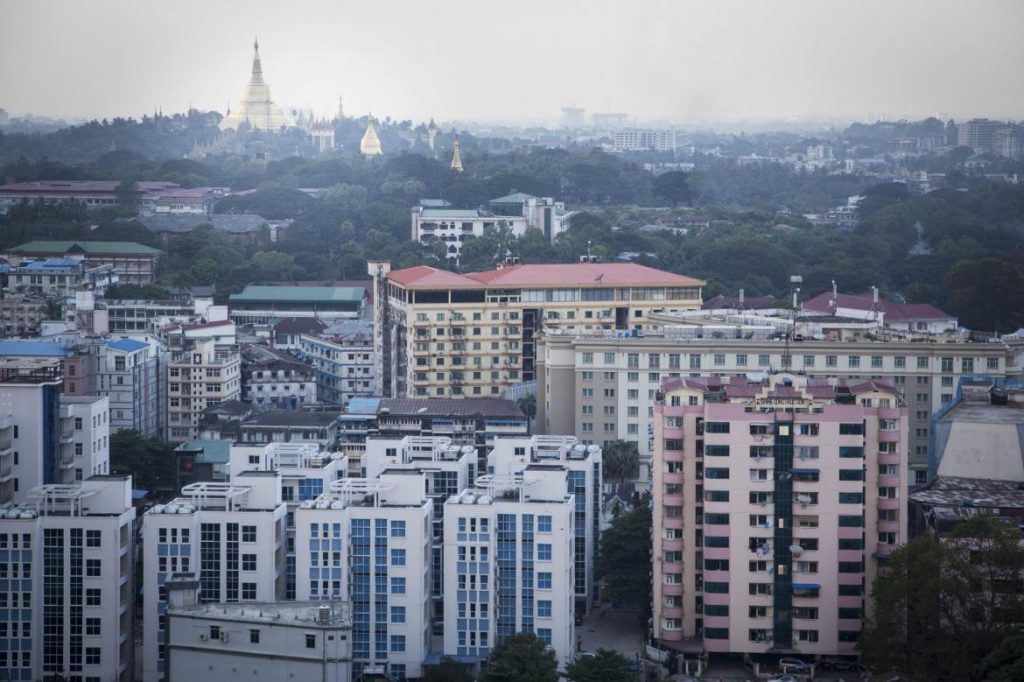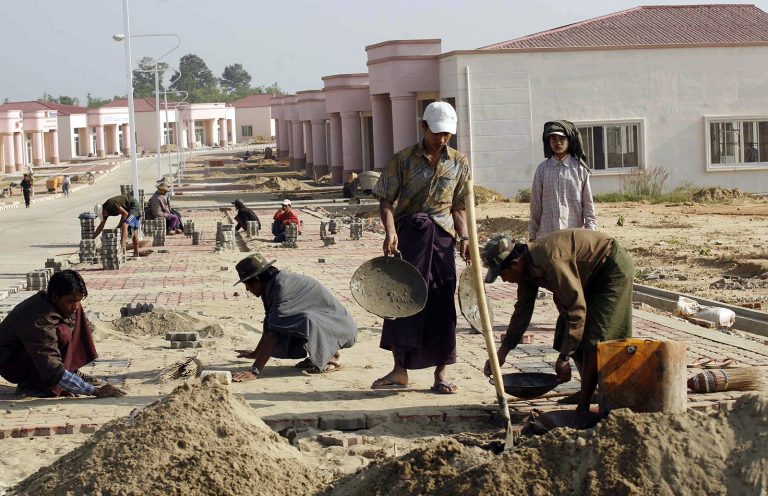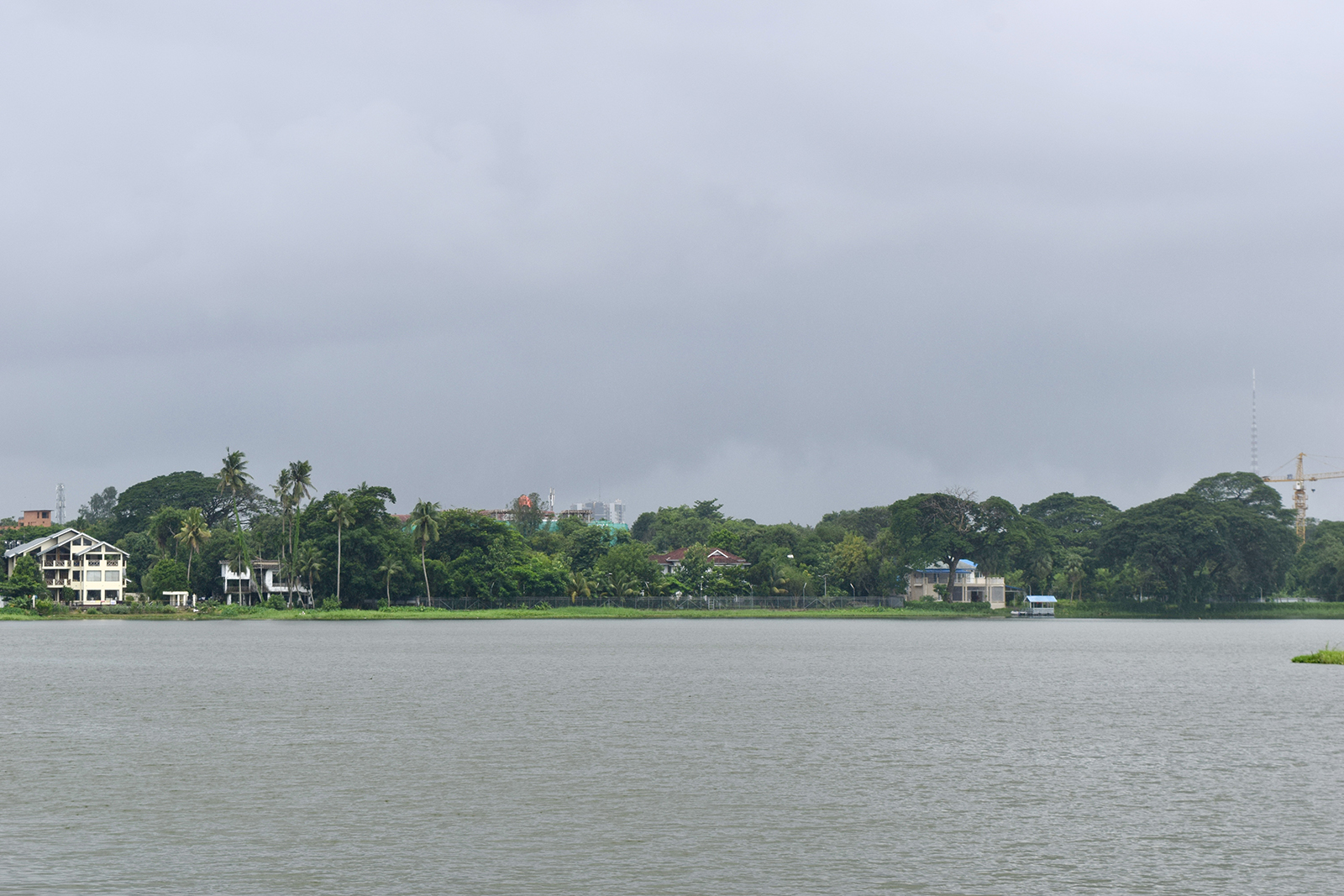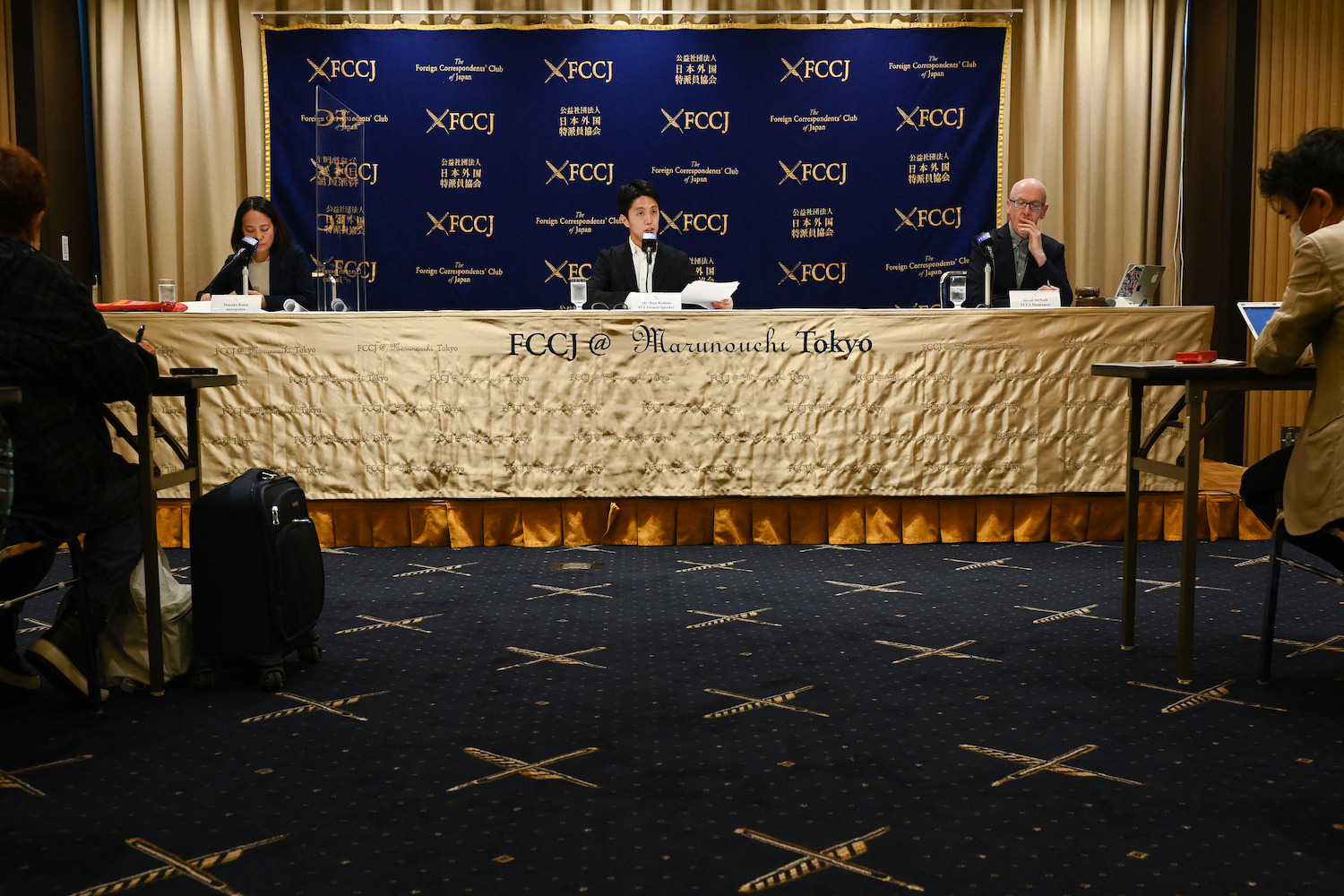The long-awaited Condominium Law allowing 40 percent foreign ownership of high-rise buildings is vague and raises more questions than it answers, market sources said.
The law was passed by the Union Parliament on January 22, taking the real estate sector by surprise. It effectively defined condominiums, for the first time, as being at least six storeys high on plots exceeding 20,000 square feet (0.46 acres, or 1,858 square metres).
It was not immediately clear if the law was at odds with the Companies Act, which defines a company with more than one percent foreign ownership as a foreign entity. Other laws stipulate that foreigners cannot own land.
If a condominium allowed up to 40 percent foreign ownership the property would be a foreign entity and therefore be prohibited from owning the land on which it sits.
The Companies Act is also due to be amended and may be changed to “fit” the Condominium Law, said Tony Picon, managing director of Colliers International Myanmar. “Or they might be going at different tangents,” he said.
Support more independent journalism like this. Sign up to be a Frontier member.
It may be that the law has defined a condominium as a special entity, independent of the Companies Act, and therefore permitted to own land despite a large foreign equity stake.
“Condo owners shall have shared ownership of both the land and apartment,” Pyithu Hluttaw MP Khaing Muang Yi told Daily Eleven. “Those who buy the apartment will own a proportion of the land and apartment,” he said.
Although foreigners can invest in condos they cannot “manage” them. Observers have asked if not being allowed to “manage” their properties means that foreigners who buy condominiums will not be allowed to rent them.
Another question is whether the new law will apply retrospectively to existing properties, many of which call themselves condominiums.
“Can the existing condominiums fall under the Condominium Law? What do you call Pearl Condo if it is not a condo anymore?” Mr Picon said.
It is also unclear why the outgoing parliament, dominated by MPs from the Union Solidarity and Development Party, pushed through a law under deliberation for three years just over a week before MPs-elect are sworn in on February 1 ahead of the change of power to a National League for Democracy government. “When 40 percent sales are allowed by law, the property market will boom and jobs will be created,” said U Khin Shwe, a construction sector tycoon who is also a MP for the USDP.







